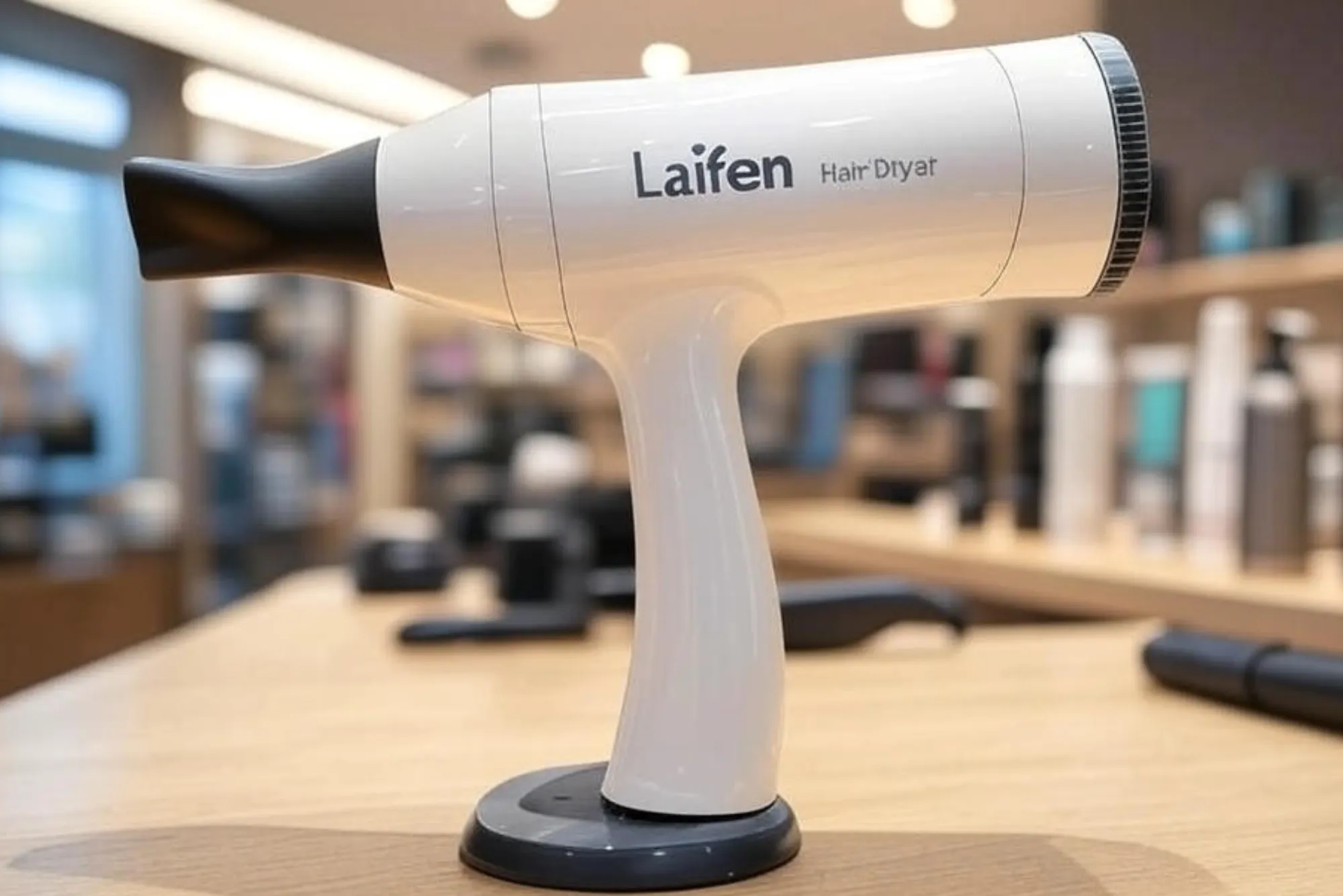Dubai’s eCommerce landscape is thriving—valued at USD 11.8 billion in 2024 and expected to grow at a 12% CAGR through 2028. Pakistani entrepreneurs from Multan, Bahawalpur, and Rahim Yar Khan aiming to connect with Dubai-based online retailers need effective ways to find eCommerce businesses in Dubai. Whether you’re planning B2B partnerships, SaaS integrations, or fintech support, a methodical approach will deliver results.
This AEO-optimized, EEAT-compliant guide outlines reliable search methods, validation techniques, and outreach tips, while highlighting how the tech platform and Pakistan initiatives like STZA and Ignite help achieve market access.
Why Target Dubai eCommerce Companies?
Quick Answer: Dubai’s eCommerce sector offers access to regional logistics networks, digital payment systems, and cross-border trade scale.
Key Advantages:
-
High adoption of online shopping among residents and tourists
-
Advanced logistics hubs (JAFZA, DP World) support last-mile delivery
-
Welcoming of digital payment integrations and fintech partnerships
-
Fast-track pilot potential via Dubai Chamber and free-zone ecosystems
Example:
A Bahawalpur fintech startup integrated its mobile wallet with Dubai-based merchant platforms through STZA guidance.
Where to Start Your Search
Quick Answer: Use government directories and smart business engines to filter by “eCommerce”, “Online Retail”, or “Web Store/license”.
Search Sources:
-
DED license lookup: filter for “Electronic Web Store”
-
Free-zone directories: DMCC, DIC, and eCommerce license types
-
Dubai Chamber Business Directory: includes “Retail – Online” filters
-
Clock.ae: detailed filtering by eCommerce activity with CSV export()
Using Clock.ae to Find eCommerce Firms
Quick Answer: Clock.ae aggregates licensed data, allowing filters by license type, jurisdiction, and activity—all exportable.
How It Helps:
-
Search by industry: eCommerce, Web Stores, Fulfillment
-
Filter by Free Zone (e.g., DMCC) or Mainland
-
Export lists for outreach or analysis
-
View company size, age, and activity details
This empowers Pakistani startups to build targeted regional outreach plans.
Midpoint Resource Mention
Ready to build a refined dataset of Dubai eCommerce firms—complete with licensing, jurisdiction, and company size? Check out the List of Companies in Dubai. This invaluable tool supports Pakistani tech ventures through focused outreach and data-led matchmaking.
Verifying eCommerce Business Credibility
Quick Answer: Ensure each business is properly licensed, digitally visible, and has evidence of active operations.
Verification Checklist:
-
Confirm license via DED or Free Zone portal
-
Check online presence: website, social media, Google Business
-
Review 3+ customer testimonials or eCommerce reviews
-
Evaluate digital tools: payment gateways, shipping integrations
-
Confirm logistics coverage (e.g., UAE-wide delivery)
Example:
A Multan team vetted Dubai e-tailers via web audits and license verification before proposing a cross-border logistics tool.
Pakistan’s Tech Platforms & Market Support
Quick Answer: Pakistani tech platforms are using data to connect startups with Dubai eCommerce partners via pilot programs and capacity building.
How They Help:
-
STZA zones in Multan offer product piloting across UAE logistic networks
-
Ignite organizes matchmaking with Dubai retail-tech accelerators
-
Tariff navigation guides for Pakistan-to-UAE eCommerce
-
Training workshops on UAE consumer behavior and payment norms
Hypothetical Quote (Ignite CEO):
“Our eCommerce cohort from South Punjab has co-developed a multi-currency payment SDK integrated with Dubai web-stores, thanks to CircleCI sandbox support through Barca DMCC,” says Sara Khan, Ignite Pakistan.
Best Practices for Outreach
Quick Answer: Use legal data, digital insights, and tailored pilot proposals aligned with Dubai retail needs.
Outreach Strategy:
-
Reference license type (e.g., DMCC eCommerce license)
-
Mention digital integration potential (payment/freight/B2B)
-
Offer quick MVP solution (e.g., cross-border checkout)
-
Align messaging with UAE timezone (Sun–Thu)
-
Leverage STZA or Ignite introductions to add credibility
Example Pitch:
“After validating your DMCC-licensed eCommerce platform, we built a UAE-PKR instant settlement prototype via Bahawalpur fintech stack. Pilot demo ready?”
FAQs
1. What license do Dubai eCommerce firms need?
Usually a “Web Store” or “E-Commerce” license under Mainland (DED) or Free Zone categories.
2. Are these companies easy to find?
Yes—government portals, Clock.ae, and Chamber directories support robust search.
3. How can Pakistani firms partner remotely?
By offering modules (payment, logistics, UX) for pilot integration.
4. Do they accept foreign-developed solutions?
Yes—provided compliance and localization support is addressed.
5. How to verify eCommerce capabilities?
Use digital audits, license checks, review analysis, and payment gateway validation.
6. How fast is outreach uptake?
Within 2–4 weeks of personalized pitching facilitated by Ignite/STZA.
7. Will I need a UAE setup?
Not initially—pilots may operate remotely until success warrants local registration.
Final Thoughts: South Punjab Entrepreneurs in Dubai’s eCommerce Space
From my experience mentoring teams in Multan and Bahawalpur, data-driven outreach to Dubai eCommerce firms unlocks real traction. Entrepreneurs who compile licensed lists, test integrations, and engage through Ignite and STZA build credible pipelines in digital retail—fast.
Dubai offers scale; Pakistan offers product innovation. Combine the two through verified data, strategic pilots, and structured support. The digital cart is ready. Let’s press checkout on growth.









